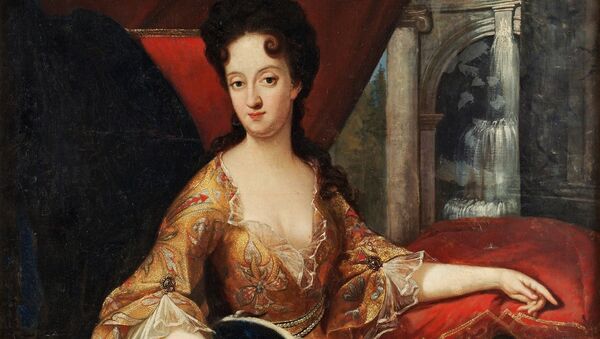Unsurprisingly, the "biased" gender perspective on history triggered protests among feminist-leaning Swedes. A group of students at Katedralskolan in Lund, southern Sweden, gathered to protest male dominance of history. According to the protesters, it is important to view history from many different angles, including the perspective of women.
"If you do not talk about women, who of course have always been around, it will be as if we never existed. And it affects the present by allowing men to take even more places in today's society because things have ‘always' been done this way," pupil Sanna Warnemyr told SVT in connection with the protest.
"It is not surprising that women are not represented on the same level as men. Like they say, the winner takes it all. The male viewpoint has selected the topics it deemed to be most important," professor and historian Yvonne Hirdman told Swedish Radio, venturing that this reflects a disdain against women.
The traditional Swedish way of battling inequality is to impose quotas to support the oppressed, which was the case of promoting women to company board positions. As regards to assigning quotas for women in textbooks, Dick Harrison, a professor of history at the University of Lund, views it as a "backward" opinion.
Charles XII of #Sweden on 30 November 1718 in #Norway. — Take the @IconsEurope POLL on #KarlXII. #Sverige #historia #history pic.twitter.com/oE99l7I6bz
— Icons of Europe (@IconsEurope) 23 октября 2016 г.
"Those who say that putting more women into history textbooks would distort reality are unfamiliar with historical research findings. There are a lot of female inventors, female heads of state and women of power, who played a prominent role in everything from culture to politics. Yet the public is largely unaware of them for simple reason that they have not been included into textbooks," Dick Harrison said.
According to Harrison, women have been deliberately excluded from textbooks. At present, however, publishers have no longer any excuses left, as their stance has been long criticized by historians. Consequently, it is about restoring the historic truth rather than promoting women, according to Harrison.
Despite all the progress made, Sweden has yet a lot to improve. At present, women occupy only about 30 percent of company board seats, yet comprise just 6 percent of the country's CEOs, which is a far cry from equal.





